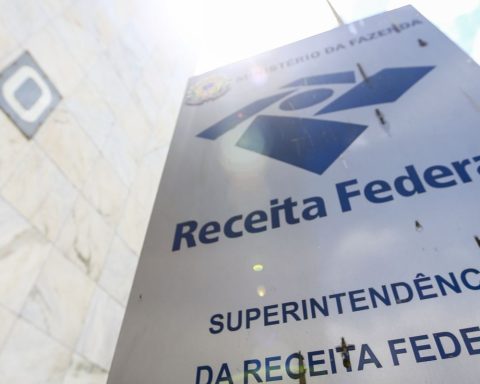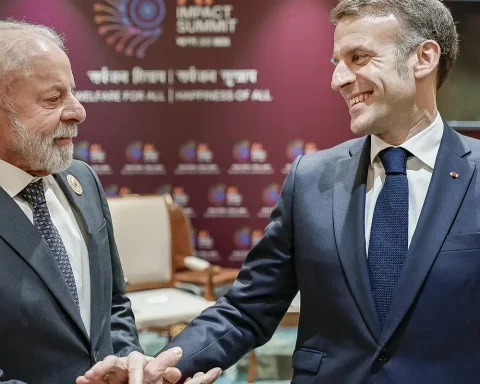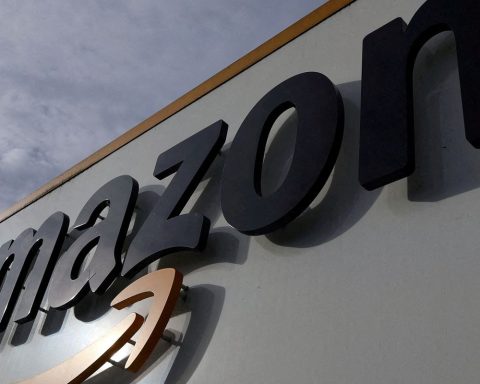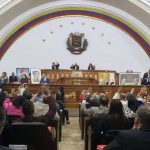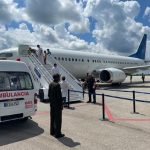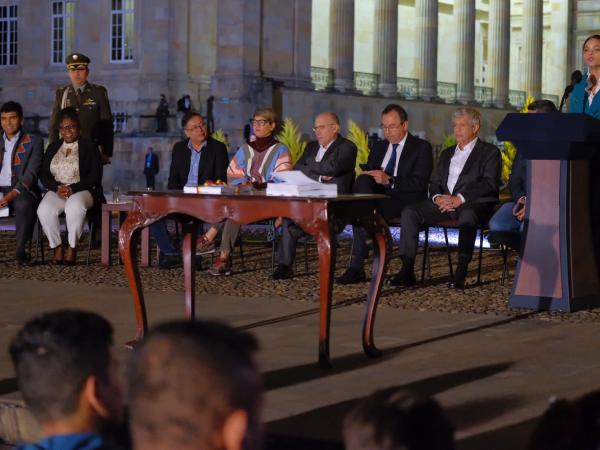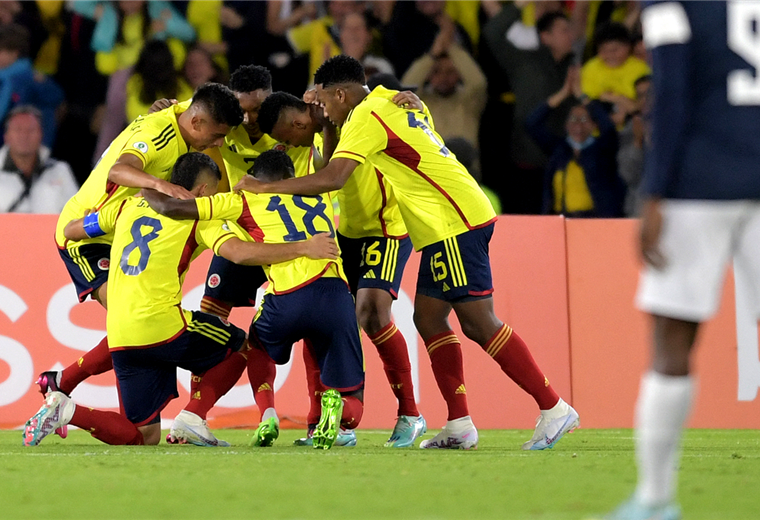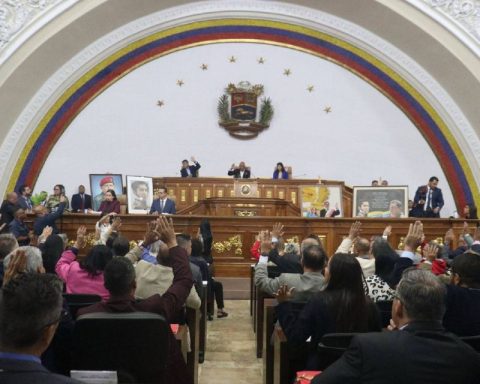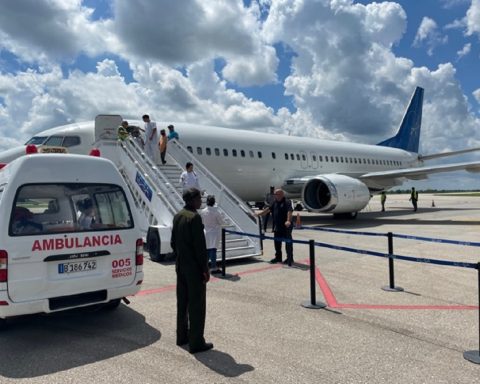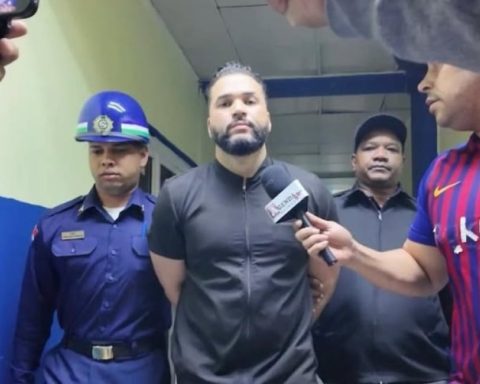The Minister of Indigenous Peoples, Sonia Guajajara, described the presence of illegal mining in the Yanomami Indigenous Land as destructive. She spent the night of Sunday (5th) at the Surucucu base pole, which is close to the border with Venezuela, in the western part of the territory. This Monday (6), she returned to Boa Vista and gave a press conference to tell what she saw. 
“What is being reported is still far from showing the reality there, with such a strong presence of prospectors, with great destruction in the territory. There is a lot of mining, endless mining, the territory is all taken over by prospectors, by destruction, by contamination in water. The Yanomami cannot drink water, they don’t have clean water to drink,” he said.
The minister flew over the regions of Homoxi and Xitei, which are two of the areas with the greatest presence of prospectors, and said that she was unable to land in more isolated communities due to lack of security. According to her, prospectors are concentrated in larger villages as a form of protection.
“We tried to land in two places and we couldn’t, due to insecurity. Many garimpeiros, inside, are already aware that this decision is being taken to remove them. together,” he said.
The minister said that, in some places, it is no longer possible to “discern what the indigenous community is and what mining is”.
isolated communities
According to local leaders, such as Júnior Júnior Hekurari Yanomami, president of the District Council for Indigenous Health Yanomami and Ye’Kuana (Codisi-YY), there are around 180 isolated communities that so far have not been able to receive medical or social assistance and it is not yet known what health status of these people. The estimate is that this population is approximately 15 thousand people. These are locations that extend as far as the Amazon, where part of the Yanomami Indigenous Land is located.
“There are 180 communities [com] priority, which we need to meet. These 180 communities are without assistance, which are also part of the Amazon, mainly Barcelos”.
The minister also spoke about the death of an indigenous babywhich could not be moved to Boa Vista because of bad weather, and the murder of three indigenous people by miners. At least one body was delivered to the family and two still need to be rescued. One of them was killed in the Homoxi region and the other two in the Parima region. The Federal Police (PF) takes steps in the territory to investigate the crimes.
Measurements
Sonia Guajajara said that, within three weeks, the renovation of the runway at the Surucucu airfield should be ready, which will allow the landing of larger aircraft. The measure will enable the structuring of a field hospital to handle more complex cases without the need to remove all patients to Boa Vista. According to the local coordinator of the Emergency Operations Center (COE), Ernani Santos, the demand for care should increase in the coming demands and the construction of a new hospital will relieve the capital’s network.
“We are understanding that the demand will increase. Our intention is that this hospital can provide this support, because, today, one third of the hospitalizations here at the Hospital da Criança, in the municipality [Boa Vista], are from Yanomami. and Casai [Casa de Saúde Indígena] It’s at its limit.”
On Monday’s balance sheet, the COE reported that there are 598 indigenous people at Casai, including patients and companions. At the Children’s Hospital in Boa Vista, there are 50 indigenous people hospitalized, four of them in the Intensive Care Unit. The government’s forecast is that in the coming days nine more teams from the National Force of the SUS will land in the territory. The total number of teams should reach 25 by the weekend.
Foods
The federal government is also reassessing the distribution of basic food baskets to the Yanomami indigenous people. The food sent is not what forms part of the traditional diet of the indigenous people and is also being sought by prospectors who, prevented from leaving the territory by air, are also running out of supplies. According to Lucia Alberta Andrade, director of the Promotion of Sustainable Development at the National Foundation for Indigenous Peoples (Funai), the Yanomami urgently want to resume their production.
“We are going to start supporting some villages, which are a little calmer, to start producing their fields. They no longer want to consume the baskets we are sending. They want to produce, plant their cassava, their banana. And that was requested”, explained.
The Ministry of Social Development and Fight against Hunger should also work on drilling artesian wells and building cisterns in the Yanomami Indigenous Land to guarantee the supply of drinking water, since the contamination of rivers by mercury, used in mining, has made consumption unfeasible. of water by the indigenous people, in addition to being a source of disease.



